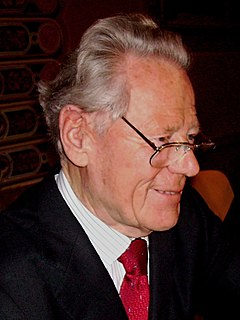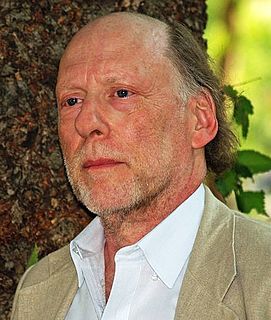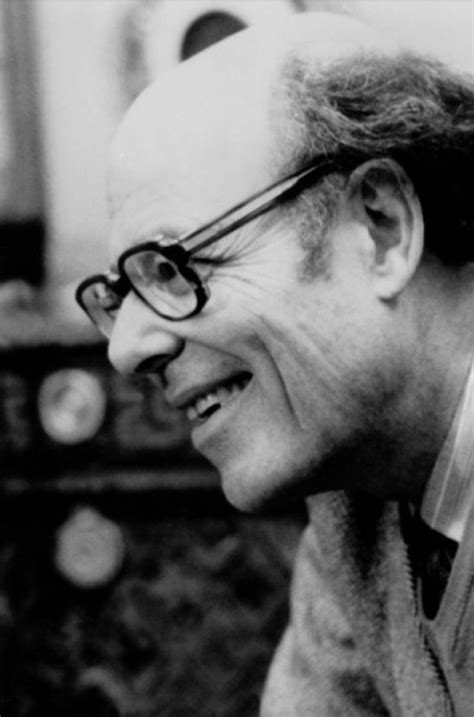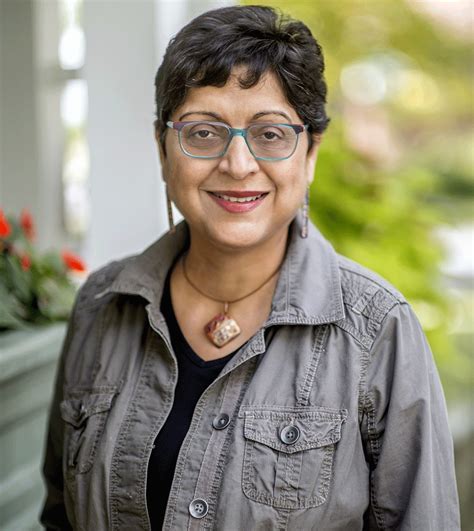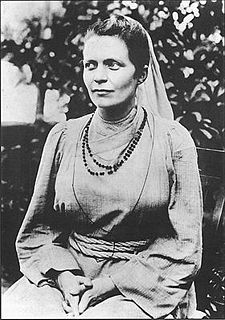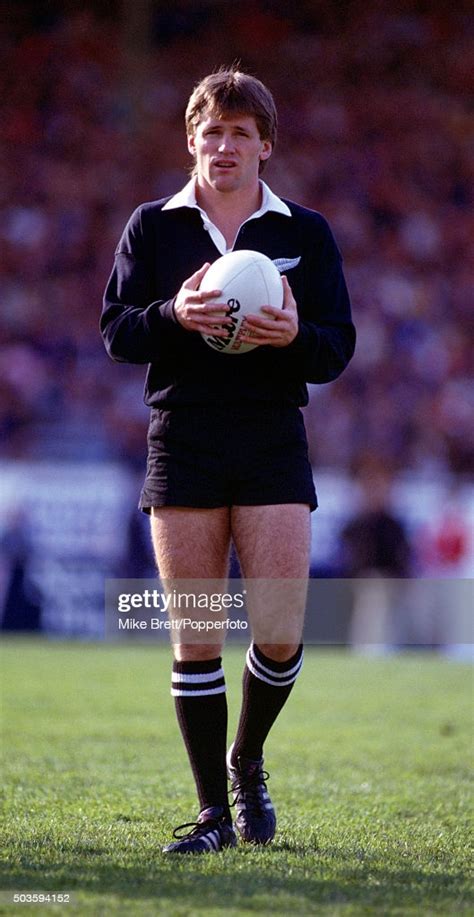A Quote by Virchand Gandhi
In Western lands there is a distinct division between the religious and the secular life. There is one rule of conduct for laymen and another for clergymen. This distinction has never found its place in the life of the people of India. There, all of life is included in the word 'religion.'
Related Quotes
In contemporary society secular humanism has been singled out by critics and proponents alike as a position sharply distinguishable from any religious formulation. Religious fundamentalists in the United States have waged a campaign against secular humanism, claiming that it is a rival "religion" and seeking to root it out from American public life. Secular humanism is avowedly non-religious. It is a eupraxsophy (good practical wisdom), which draws its basic principles and ethical values from science, ethics, and philosophy.
India, she now knew, would not be content staying in the background, was nobody's wallpaper, insisted in interjecting itself into everyone's life, meddling with it, twisting it, molding it beyond recognition. India, she had found out, was a place of political intrigue and economic corruption, a place occupied by real people with their incessantly human needs, desires, ambitions, and aspirations, and not the exotic, spiritual, mysterious entity that was a creation of the Western imagination.
We define religion as the assumption that life has meaning. Religion, or lack of it, is shown not in some intellectual or verbal formulations but in one's total orientation to life. Religion is whatever the individual takes to be his ultimate concern. One's religious attitude is to be found at that point where he has a conviction that there are values in human existence worth living and dying for.
The past situation has just occurred and the future situation has not yet manifested itself so there is a gap between the two. This is basically the bardo (life between life) experience. [This is the place where your life is reviewed - where you get another chance to let life teach you and end the cycle of pain. -EM]
If the many and the One be indeed the same Reality, then it is not all modes of worship alone, but equally all modes of work, all modes of struggle, all modes of creation, which are paths of realization. No distinction, henceforth, between sacred and secular. To labour is to pray. To conquer is to renounce. Life is itself religion. To have and to hold is as stern a trust as to quit and to avoid.
The religious conflicts of the Reformation era were never simply and only about religion, because religion during this era as in the Middle Ages that preceded it, informed and was meant to inform every domain of life. Violence involving religion and touching other areas of life took many forms: from the Protestant destruction of Catholic religious art and objects in iconoclasm, to Catholic executions of Protestants who refused to renounce their views, to major destructive conflicts such as the French Wars of Religion and the Thirty Years' War.
What is saving my life now is the conviction that there is no spiritual treasure to be found apart from the bodily experiences of human life on earth. My life depends on engaging the most ordinary physical activities with the most exquisite attention I can give them. My life depends on ignoring all touted distinctions between the secular and the sacred, the physical and the spiritual, the body and the soul. What is saving my life now is becoming more fully human, trusting that there is no way to God apart from real life in the real world.
All my life I have made it a rule never to permit a religious man or woman take for granted that his or her religious beliefs deserved more consideration than non-religious beliefs or anti-religious ones. I never agree with that foolish statement that I ought to respect the views of others when I believe them to be wrong.
To the other nations of the world, religion is one among the many occupations of life. There is politics, there are the enjoyments of social life, there is all that wealth can buy or power can bring, there is all that the senses can enjoy; and among all these various occupations of life and all this searching after something which can give yet a little more whetting to the cloyed senses - among all these, there is perhaps a little bit of religion. But here, in India, religion is the one and the only occupation of life.

